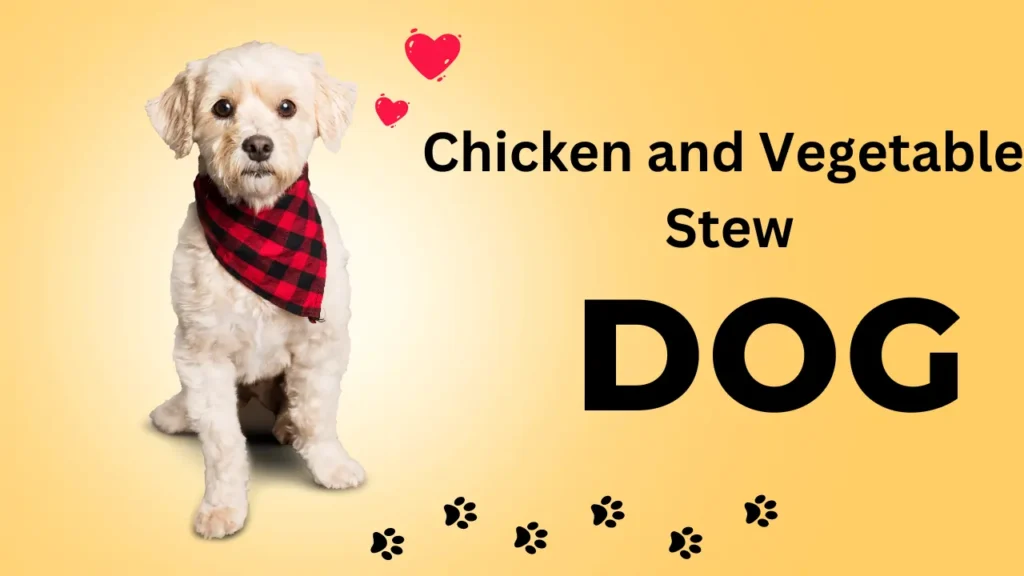Understanding the Risks of Feeding Rotisserie Chicken Safe for Dogs
Rotisserie chicken, while delicious, can pose several risks to dogs.
High-Fat Content and Harmful Seasonings
Rotisserie chickens often contain high levels of fats and are seasoned with ingredients like garlic and onion, which are toxic to dogs and can lead to serious digestive problems or toxicity.
Danger of Cooked Bones

The bones in cooked chicken can splinter easily, creating a risk of choking or causing internal blockages that could require surgical intervention.
If you decide to share Rotisserie Chicken Safe for Dogs, it’s crucial to remove all bones and limit the portion to small, unseasoned pieces. Always monitor your dog after introducing any new food and consult your veterinarian if any health issues appear.
Safe Ways to Serve Rotisserie Chicken to Your Dog
Rotisserie chicken can be part of your dog’s diet if prepared safely. To ensure it’s healthy for your dog:
Remove Skin and Bones:
Before offering any chicken, always remove the skin and bones to prevent the risks of choking and blockages.Shred the Chicken:
Shred the meat to make it easier for your dog to consume.
Mix with Vegetables and Grains:
Combine the shredded chicken with dog-friendly vegetables and grains like peas, carrots, sweet potatoes, and brown rice for a nutritious meal.
Precautions When Feeding Your Dog Rotisserie Chicken
- Be Aware of Seasonings and Additives: The seasonings and additives often used in rotisserie chicken, such as onion and garlic, can be toxic to dogs. Always wash the meat well to remove these potentially harmful substances.
- Monitor for Allergies: Watch for signs of food allergies when introducing new proteins like chicken, as some dogs can be sensitive to poultry.
- Consult Your Veterinarian: Always speak with your vet before changing your dog’s diet or introducing new foods to ensure these changes meet their specific nutritional needs.
Read more: 4-important-facts-about-water-and-parvo-in-dogsBalanced Diet Considerations
Maintain Nutritional Balance:
While chicken provides valuable protein, a dog’s diet should also include a balance of proteins, fats, carbohydrates, vitamins, and minerals. Consider using commercially prepared dog foods that are formulated to meet these needs based on your dog’s age, breed, size, and health.
Practice Portion Control:
Ensure that chicken is given in moderation to avoid dietary imbalances and prevent excessive calorie intake.
Bone and Skin Safety
| Advice | Description |
|---|---|
| Avoid Cooked Bones | Cooked chicken bones can splinter and cause serious internal injuries. Always ensure any chicken offered to your dog is bone-free. |
| Remove the Skin | The skin of rotisserie chicken is often high in fats and seasoned with harmful spices. Removing the skin is crucial to prevent ingestion of these unsafe ingredients. |
Following these guidelines can help make rotisserie chicken a safe treat for your dog, allowing them to enjoy the benefits of this tasty protein without compromising their health.
Is It Rotisserie Chicken Safe for Dogs?
Feeding your dog chicken meat that is free from skin and bones can be a safe and nutritious choice, offering a valuable source of protein that supports muscle growth and maintenance.
Store-Bought Chicken Concerns
Rotisserie chicken available in stores often contains high levels of sodium and preservatives, which are not suitable for dogs. A healthier alternative is to cook a plain, unseasoned chicken at home, ensuring it is free from additives that could harm your pet.
Healthy Ways to Incorporate Chicken into Your Dog’s Diet
Cooked, Unseasoned Chicken:
Cooking a simple chicken at home without any seasonings is the safest option. Dogs do not need added salts or spices, making this a superior choice to store-bought varieties.
Rotisserie Chicken as a Treat:
If you remove the skin and bones, a small portion of Rotisserie Chicken Safe for Dogs source of protein and a tasty treat. Serve it sparingly as a reward, not as a regular meal.
Mixed with Dry Food:
Adding chicken meat to your dog’s regular dry food can make meals more appealing, particularly for picky eaters or older dogs with less appetite.
Chicken Broth:
Homemade chicken broth without onions, garlic, or excess salt can be a flavorful addition to your dog’s diet, either mixed into dry food or served as a cool, refreshing drink.
Chicken and Vegetable Stew:

A stew made with chicken and safe vegetables like peas and carrots provides protein, vitamins, and fiber, enhancing your dog’s overall nutrition.
Chicken-Based Dog Food:
Many high-quality dog foods feature chicken as the main protein. These products are formulated to meet all nutritional needs, providing a balanced diet.
Conclusion
While dogs can safely enjoy rotisserie chicken as an occasional treat, it’s crucial to remove any skin and bones and ensure no harmful seasonings are included.
Regular feeding of store-bought rotisserie chicken is not recommended due to its high sodium and fat content, which could lead to health issues such as pancreatitis. Always consult with your vet before introducing new foods into your dog’s diet.Remember, rotisserie chicken should complement, not replace, a balanced diet from specially formulated dog foods to ensure your pet gets all the necessary nutrients.
FAQs: Rotisserie Chicken Safe for Dogs
Is it OK to feed dogs roast chicken?
Yes, cooked chicken is safe and beneficial for dogs as it is rich in protein and often included in commercial dog foods. It can be served alone or mixed with other dog meals for extra nutrition.
What if my dog eats a rotisserie chicken with bones?
If your dog consumes chicken bones, monitor their stool for bone fragments. Consult a veterinarian if no fragments are observed within 72 hours to ensure there are no blockages.
Can dogs eat week-old rotisserie chicken?
Cooked chicken should be stored in the refrigerator and is best consumed within 1-2 days. Always check for spoilage signs like off odors or unusual textures before feeding.
Is Costco rotisserie chicken safe?
While generally safe, it’s essential to reheat precooked rotisserie chicken to an internal temperature of 165°F to eliminate any potential bacteria before feeding it to your dog.
Will rotisserie chicken upset my dog’s stomach?
The seasonings and high fat content in rotisserie chicken skin can cause digestive issues in dogs. It is also advisable to avoid giving dogs chicken bones as they pose choking hazards.
Can I feed my dog rotisserie chicken every day?
Feeding rotisserie chicken daily is not advised due to its high salt and seasoning content, which can cause dietary imbalances and health issues. Use it sparingly as part of a balanced diet.
Is Rotisserie Chicken Safe for Dogs with diarrhea?
Plain, skinless rotisserie chicken can be beneficial for dogs with diarrhea because of its blandness and high protein content. However, always consult your veterinarian to ensure it fits into your dog’s specific dietary needs during recovery.
Can dogs eat rotisserie chicken skin?
Dogs should not eat rotisserie chicken skin due to its high fat content and spices, which can lead to digestive problems and unhealthy weight gain.
